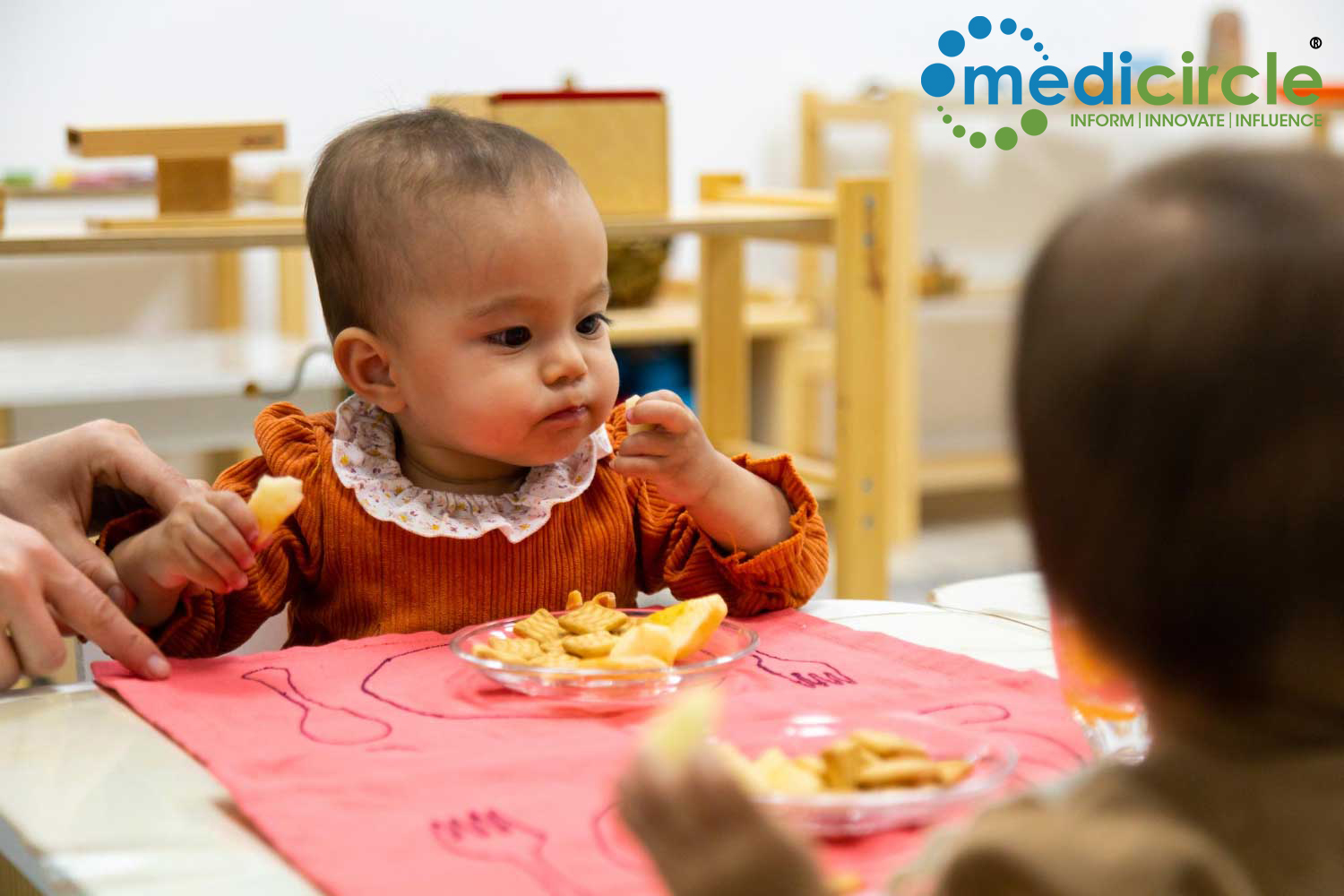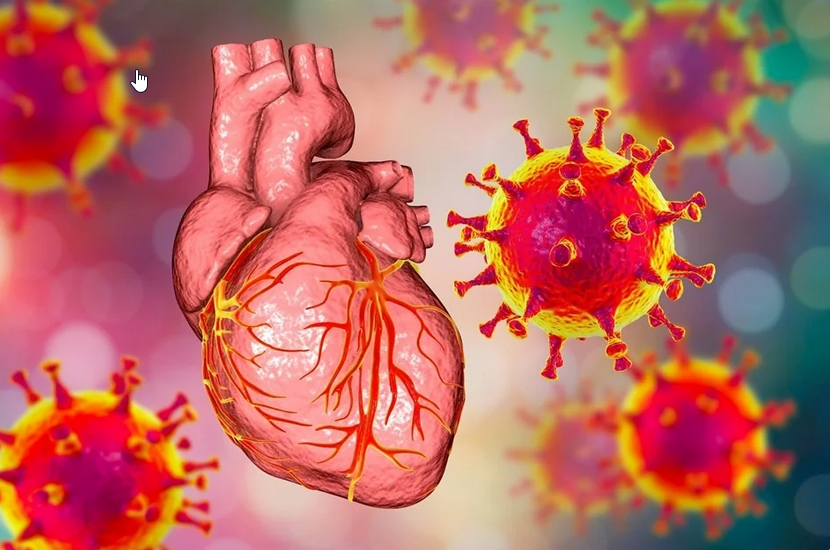In a groundbreaking revelation, researchers at Weill Cornell Medicine have uncovered the intricate relationship between gut bacteria and the developing immune system in newborns. Their recent study, published in Science Immunology, sheds light on how specific bacteria colonize the gut shortly after birth, producing neurotransmitters like serotonin that play a pivotal role in educating gut immune cells. Let's explore the implications of this discovery in preventing allergic responses and fostering overall health in early development.
The Role of Gut Bacteria in Immune Education: The human gut, often referred to as the "second brain," emerges as a powerhouse of neurotransmitter production, with over 90% of these vital signaling molecules originating in this dynamic ecosystem. Dr. Melody Zeng, the senior author of the study, highlights the significance of neurotransmitters like serotonin in orchestrating immune responses throughout the body. Contrary to previous beliefs, the researchers found that neonatal guts rely heavily on bacteria, rather than specialized gut cells, to produce serotonin.
Key Findings and Implications: The study elucidates that neurotransmitter-producing bacteria in the neonatal gut play a pivotal role in immune education. By generating serotonin, these bacteria promote the development of T-regulatory cells (Tregs), which act as immune guardians, preventing autoimmune diseases and allergic reactions to food and gut microbes. This finding highlights the critical importance of early microbial colonization in shaping the immune landscape and fostering tolerance to harmless antigens.
Insights from Preclinical and Clinical Studies: Preclinical investigations in neonatal mice revealed elevated levels of neurotransmitters, particularly serotonin, in the gut, predominantly derived from gut bacteria. Notably, human infant stool samples corroborated these findings, affirming the presence of neurotransmitter-producing bacteria in newborns. These insights pave the way for future research aimed at deciphering the intricate interplay between gut microbes and immune development in human infants.
Addressing Immune Dysregulation in Infancy: Dr. Katherine Sanidad, the lead author of the study, highlights the consequences of perturbed microbial colonization in early life. Babies in developed countries, exposed to antibiotics and deprived of diverse microbial exposures, may experience disruptions in serotonin-producing bacteria, leading to diminished Treg populations and heightened susceptibility to allergies and autoimmune diseases. Recognizing the pivotal role of early microbial education in immune health, the research team advocates for targeted interventions to mitigate inflammatory diseases in later life.
Future Directions and Implications for Healthcare: The study sets the stage for further exploration into the mechanisms underlying immune training during early development. By investigating bacterial production of neurotransmitters and their impact on immune maturation, researchers aim to devise strategies for reducing the risk of inflammatory conditions like food allergies and inflammatory bowel disease. Understanding the nuances of immune education in newborns holds immense promise for advancing preventive healthcare practices and safeguarding long-term well-being.
The recent research by Weill Cornell Medicine highlights the profound influence of gut bacteria on immune education in newborns. By unraveling the role of neurotransmitter-producing bacteria, particularly serotonin, in shaping immune responses, the study offers invaluable insights into preventive healthcare strategies. As we dive deeper into the intricate interplay between gut microbes and immunity, we pave the way for transformative interventions aimed at nurturing resilience and vitality in early life.

 By unraveling the role of neurotransmitter-producing bacteria, particularly serotonin, in shaping immune responses, the study offers invaluable insights into preventive healthcare strategies.
By unraveling the role of neurotransmitter-producing bacteria, particularly serotonin, in shaping immune responses, the study offers invaluable insights into preventive healthcare strategies.






.png)













.jpeg)

.jpeg)










.jpg)




.jpg)

